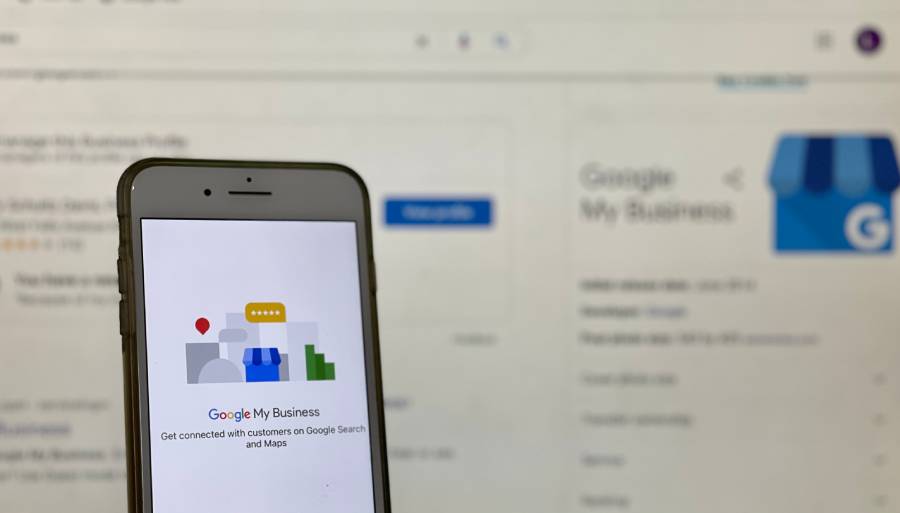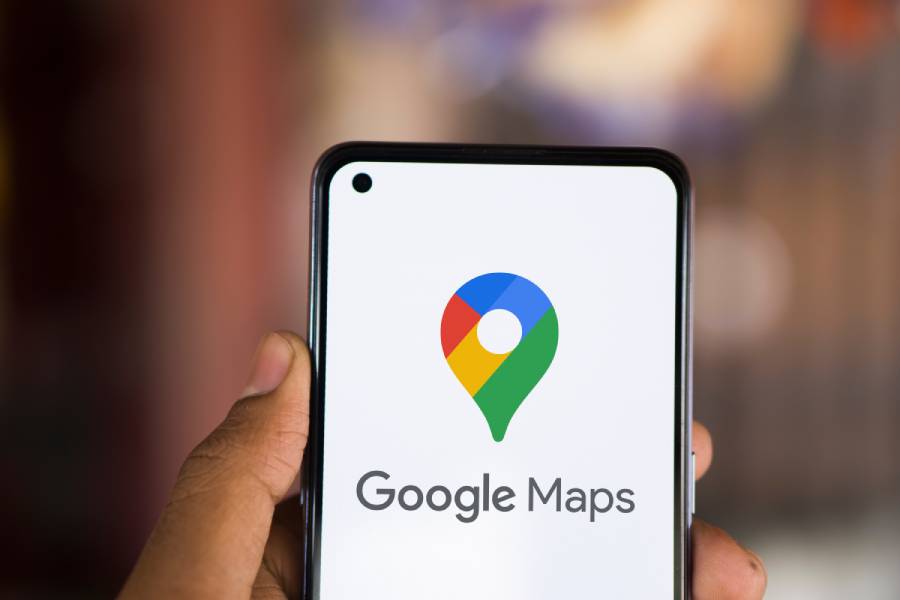Building local citations is one of the most effective ways to boost your business’ visibility in local search results. Think of citations as the online equivalent of your business being listed in local directories or the Yellow Pages.
The more accurate and consistent your business details appear across trusted platforms, the more search engines trust your presence. In this guide, we’ll explore how to build local citations, manage, and maximize your local citations to strengthen your local SEO and make sure your customers can find you exactly when they need you. Ready to get started? Let’s dive in!

What Are Local Citations?
Local citations are mentions of a business’s Name, Address, and Phone Number (NAP) on websites that aren’t your own. These citations play a crucial role in helping search engines verify the legitimacy of a business. Consistent NAP info on multiple platforms boosts business credibility with search engines.
What is citation building in SEO? It’s the process of creating and managing these local citations to improve a business’s visibility in local search results. Search engines like Google use these citations to gather and cross-reference information about businesses. They cross-reference citation details to build comprehensive business profiles.
The more consistent and numerous these citations are, the more confidence search engines have in the accuracy of the business information. This can lead to better rankings in local search results, making it easier for potential customers to find the business online.
Types of Local Citations
Local citations are categorized into two types: structured and unstructured citations. Structured citations appear in business directories like Google My Business or Yelp. They follow specific formats for consistent business information, which search engines find easy to read.
These listings ensure uniformity across platforms, making it easier for customers to find accurate details. They allow businesses to add details such as hours and photos. Unstructured citations, however, are informal mentions in places like blog posts or social media, often providing valuable context.
Both types contribute to a business’s online presence, boosting search rankings. Structured citations offer consistency, while unstructured ones add depth. Together, they enhance local search visibility and credibility, helping businesses connect with local audiences more effectively.
Why do Local Citations Matter?
Improve Local SEO Rankings
Local citations are vital for improving a business’s local SEO rankings by helping search engines trust their information, leading to better visibility. Consistent details across various websites enhance credibility, which can result in higher local search rankings.
Citations also influence a business’s chances of appearing in Google’s Local Pack, the map-based result for local searches. A strong citation profile boosts the likelihood of being featured in this prominent spot. This increases visibility to potential customers seeking local services or products.
Local citations help establish trust within the community, as businesses with accurate listings are seen as more reliable than those without. The more citations a business has, the higher its chances of outranking competitors. Finally, these citations can lead to greater customer engagement as they improve discoverability across numerous platforms.
Increase Online Visibility
Local citations enhance a business’s online visibility by creating multiple touchpoints across various platforms, increasing the chances of discovery. Each listing in directories and platforms like Google and Yelp caters to diverse customer preferences, ensuring a wider audience can find the business.
This multi-platform presence is valuable for attracting customers who may not rely solely on traditional search engines to find local services. Having consistent citations across these platforms builds trust and credibility, making potential customers more likely to choose that particular business.
It also provides valuable information such as contact details and customer reviews, helping consumers make informed decisions. Ultimately, a robust citation strategy can lead to increased foot traffic and higher sales.
Boost Credibility and Trust
Consistent citations across platforms boost a business’s credibility with search engines and customers alike. This consistency on reputable sites reinforces legitimacy, enhancing consumer appeal.
For search engines, consistent citations act as trust signals. These indicate that the business is a reliable part of the local community, crucial for local search rankings. Maintaining uniformity in business name, address, phone number, and other details across all platforms is essential.
Inconsistencies can confuse search engines and customers. This confusion can potentially harm the business’s reputation and rankings. Regular audits and updates of citations are necessary to sustain this consistency and maximize the benefits of local citations.
How to Build Local Citations?
1. Claim and Optimize Listings on Key Directories
Building local citations starts with claiming your business on major online directories. Focus on Google My Business, Yelp, Bing Places, Facebook, and Apple Maps. These platforms are vital for local visibility.
When setting up your listings, make sure all your information is correct. Your business name, address, and phone number should be exactly the same across all listings. This consistency helps search engines understand and trust your business information.
2. Submit to Local Business Directories
After covering the major platforms, look for more specific directories. Find directories that focus on your industry. For example, if you run a hotel, you could submit your information to TripAdvisor, among other websites. Also, look for directories specific to your city or region.
Your local Chamber of Commerce often has a business directory. Local blogs or news sites might list businesses too. Adding your business to these directories helps strengthen your local online presence.
3. Create Citations on Social Media Platforms
Social media is another important place for local citations. Make sure your business is properly listed on platforms like Facebook, LinkedIn, and Instagram. Use the same business name, address, and phone number you used on other directories.
Keep your business information and branding consistent across all your social profiles. Engaging with customers on these platforms through comments and reviews can further enhance your credibility. Regularly updating your social media profiles with fresh content also improves visibility and customer engagement.
4. Get Listed on Niche and Industry-Specific Sites
Look for websites that cater specifically to your type of business. For example, law firms should be listed in legal directories. These niche sites can be very powerful for your local SEO. They show search engines that your business is relevant and authoritative in your field.
Take the time to find and submit to these industry-specific platforms. Not only do they enhance your visibility within your niche, but they also provide potential customers with a more targeted way to discover your services.
5. Monitor and Correct Inaccurate Citations
As you create citations, some may become outdated or incorrect over time. Use tools like Moz Local or BrightLocal to find these problems. These tools can scan the web and find where your business is listed. They’ll show you any inconsistencies in your information.
When you find errors, work to correct them. Keeping your citations accurate and up-to-date is crucial for maintaining strong local SEO. Regular citation monitoring keeps you competitive by presenting current, reliable information to potential customers.
6. Encourage Unstructured Citations
Unstructured citations are mentions of your business that aren’t in a formal directory. These can be very valuable. Reach out to local publications, influencers, and bloggers. Ask if they’d be willing to mention your business in their content. You can also work with other local businesses.
Arrange to mention each other on your websites or in your marketing materials. These informal citations can boost your local visibility. Sponsoring local events or charities can also lead to unstructured citations, further increasing your business’s exposure in the community.
7. Use Citation Building Tools
Building citations can be time-consuming. Consider using tools to help automate the process. Services like Yext, BrightLocal, or Whitespark can submit your information to many directories at once. They also help you monitor your citations over time.
This can save you a lot of work and ensure your information stays consistent across the web. In addition, these tools often provide insights into your local SEO performance. This helps you track improvements and identify areas for further optimization.
8. Keep Citations Updated
Finally, remember that citation building isn’t a one-time task. You need to keep your information current. If your business moves, changes phone numbers or updates its hours, update all your citations. Make it a habit to check your citations regularly.
This ongoing maintenance ensures that customers always have the right information about your business. Neglecting updates can lead to outdated listings, which can confuse potential customers and harm your search rankings over time.

Conclusion
Building a strong online presence is key to success for local businesses in today’s digital landscape. Consistently managing your business information across various platforms creates a solid foundation for local SEO success.
The process involves claiming and optimizing listings, submitting to relevant directories, and leveraging social media. As you learn how to build local citations, remember that encouraging unstructured citations and regular monitoring are vital steps. Utilizing citation-building tools can streamline the process.
This strategy is an ongoing effort, requiring constant attention. By investing time in citation building, businesses can significantly improve their visibility, and credibility, and attract more local customers. In the ever-evolving world of local search, mastering this skill is key to staying competitive and relevant.





